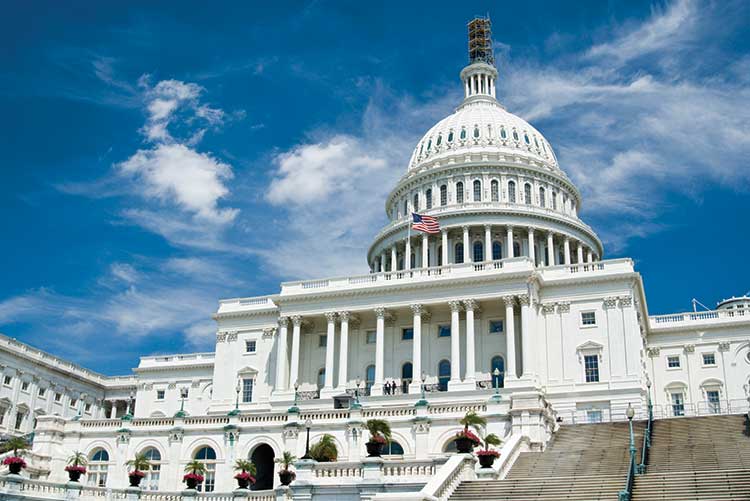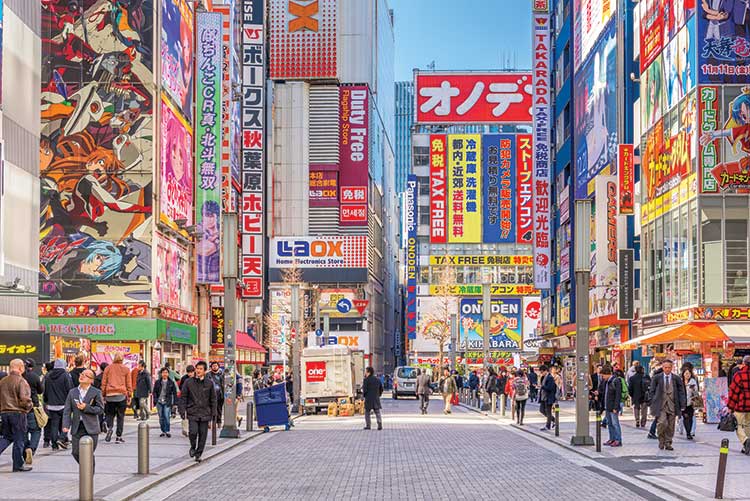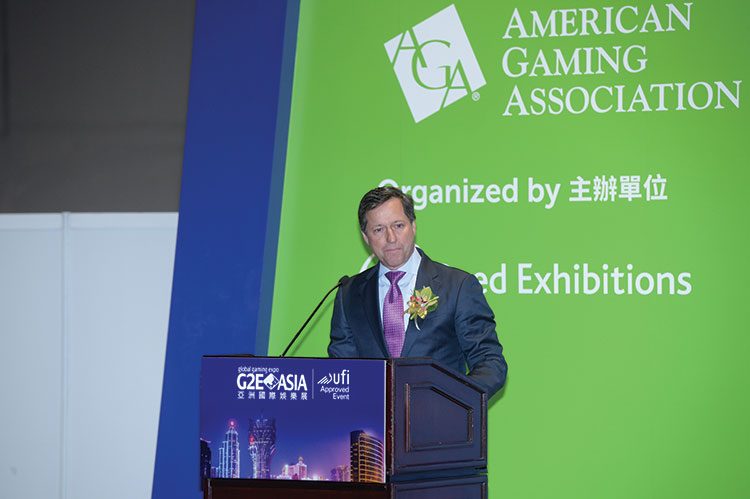Inside Asian Gaming sits down with Bill Miller, the new President and CEO of the American Gaming Association, to discuss his ambitions as head of the industry trade body.
Bill Miller may be just a few months into his new job as head of the American Gaming Association (AGA), but it hasn’t taken him long to recognise that Asia will be a key focus of his tenure.
A former National Political Director for the US Chamber of Commerce and government lobbyist for leading Fortune 500 companies in Washington, Miller is well versed in leveraging the unique skills of industry leaders with the needs of both local and state governments.
In a sit-down interview with Inside Asian Gaming during a recent visit to Macau, the AGA boss explained just how beneficial that Capitol Hill experience will be given the issues facing American operators looking to expand their Asian interests.

“I was Chief of Staff to a member of Congress who represented the Washington DC suburbs and while she was a Republican, she sat in a district that was very Democrat, so I think by-and-large I’ve been a guy that’s had to work down the middle figuring out how to solve problems,” Miller explains.
“This is also probably my seventh trip to Asia – I’ve been to Singapore, mainland China and Hong Kong a number of times – and my previous experience in this region has been around understanding the challenges and opportunities that American companies have faced locating in, manufacturing in, doing business in China and the rest of Asia.
“In terms of understanding the issues facing companies in China, it’s always been with the perspective of someone who has represented the interests of American companies.
“I’m well associates with the trade issues and spent many years meeting with government officials on the mainland and in Hong Kong both before and after the handover, so I absolutely feel this is an incredibly complex, incredibly vibrant part of the world and specifically as it relates to China and China’s role economically, politically and strategically. It is as interesting place as there is in the world.”
While US-China trade tensions have piqued over the last 12 months, it was Miller – as SVP for Political Affairs & Federation Relations and National Political Director for the US Chamber of Commerce between 1999 and 2011 – who lobbied to have China admitted to the World Trade Organisation in 2001 in what he describes as “a very difficult but important fight.”

More recently he found himself representing 204 CEOs of Fortune 500 companies as Senior Vice President of the Business Roundtable – an association aimed at analysing and affecting US government policy in order to improve the national economy.
It was here, in fact, that Miller first connected with MGM Resorts Chairman and CEO Jim Murren and former Caesars Entertainment boss Gary Loveman, two companies whose interests he now represents in pursuit of Japan’s first IR licenses.
Asked what level of involvement he expects the AGA to have in Japan, Miller notes, “It is clearly an important priority for a group that represents the interests of many American companies that are clearly very interested in Japan. The Japanese opportunity, making sure that our American operators are getting the best opportunity possible to compete for the business, is something that if you are the head of the AGA you must take as a priority.”
In Macau, where the licenses of all six concessionaires – including the SAR’s three US-based companies MGM, Sands and Wynn – are set to expire in 2022, Miller will offer similar support.
“There are a lot of challenging issues between the US and China today but the companies that have made investments in Macau, they are long-standing investments,” he says.

“Those companies have been great partners with the Macanese government and therefore by extension with the Chinese government, so I think our interest is to ensure that despite whatever voices are being cast about from Washington and Beijing, Macau remains this well-respected partnership on both sides. I think Macau is a great success story because of the partnership between the commercial operators – be they American or other – and the Macanese government.
“So my view is that the American operators that have invested in Macau are very, very important players in the economy here and I think that should continue.”
































